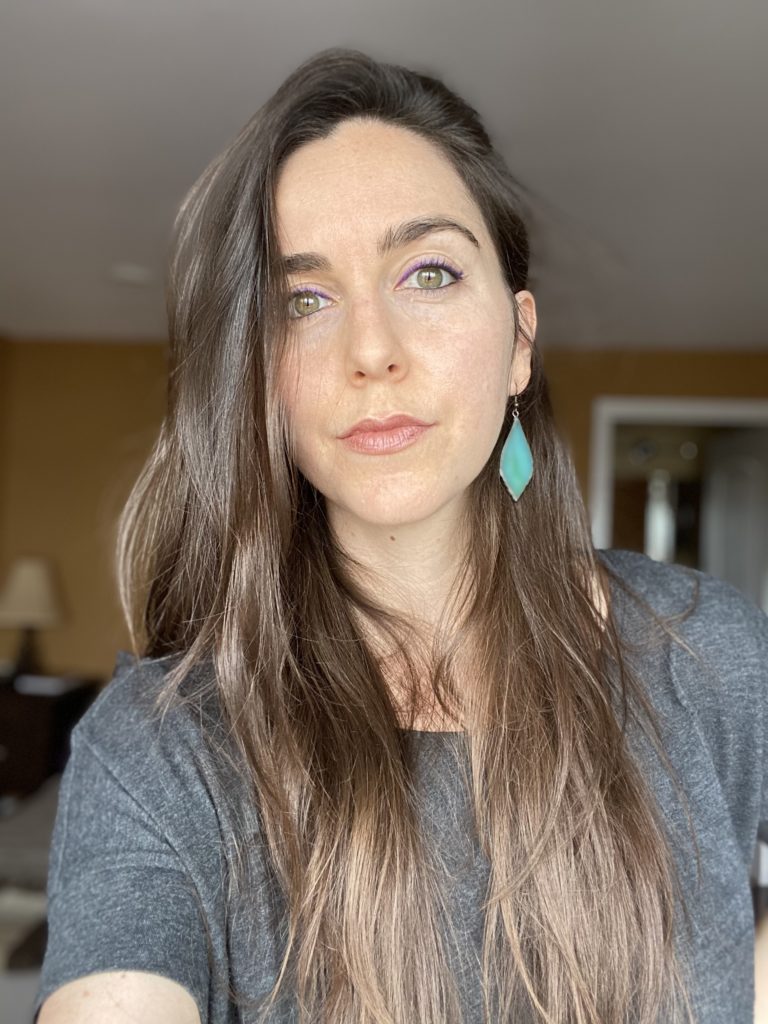CAITLIN MCGILL

Caitlin McGill’s work appears in Blackbird, The Chattahoochee Review, Consequence, CutBank, Gastronomica, Indiana Review, Iron Horse Literary Review, The Los Angeles Review, McSweeney’s, The Southeast Review, Vox, War, Literature, & the Arts, and other publications. She was a finalist for the 2021 Chautauqua Janus Prize, and winner of the 2020 Indiana Review Creative Nonfiction Prize and the 2014 Crab Orchard Review Rafael Torch Nonfiction Award. She has been a writer-in-residence at the Kimmel Harding Nelson Center for the Arts, The Helene Wurlitzer Foundation of New Mexico, Newnan ArtRez, the Virginia Center for the Creative Arts, and is a 2016 St. Botolph Emerging Artist Award winner.
A resident of Lynn, MA, Caitlin teaches at Emerson College, GrubStreet, and Harvard University, and is a workshop facilitator for Writers Without Margins—a non-profit dedicated to expanding access to literary arts for everyone, including those marginalized, stigmatized, or isolated by the challenges of addiction recovery, disability, trauma, sickness, injury, poverty, and mental illness.
She is at work on a Miami-based, coming-of-age memoir about hiding from family the truth about her abusive, drug-addled ex-boyfriend—a six-year relationship that began when she was sixteen and he was twenty-two. Two essays from her book have been named Notables in The Best American Essays series. You can find her on Twitter, or on her website.
SESSION: Imagining the Gaps in Memoir: How to Write a Story When the Story Runs Out
Have you ever wanted to uncover the story behind your family’s silences and secrets? Ever longed to fill holes in overheard rumors and cryptic tales? As creative nonfiction writers, autobiographical novelists, and gossip lovers of all kinds, what do we do when we try to tell a story but the story runs out? And what do we do when the gap becomes so large that it forces us to question our genre choices?
This session will discuss how to turn what might, at first glance, seem like a limitation—a gap, a road block—into a source of possibility. We'll look at specific examples from authors like Helen Fremont, Justin St. Germain, Loung Ung, and Jesmyn Ward, and provide specific tips and take-home prompts for advancing narratives while engaging daringly with the complex boundaries of genre.
